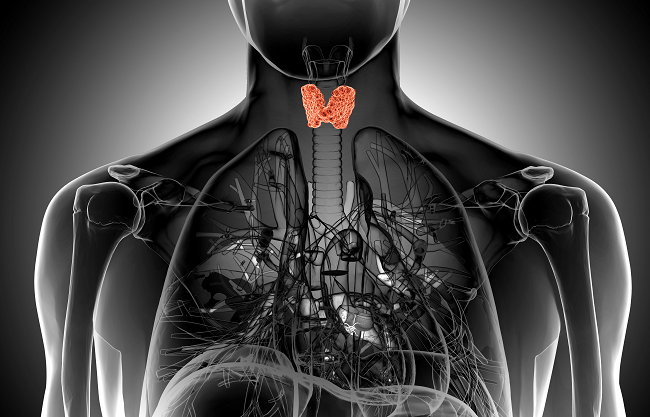For such a small gland, your thyroid has a surprisingly big job. To work correctly, virtually every part of your body depends on the hormone produced by this gland in your neck.
When there’s a problem with your thyroid, you’re bound to know it — even if you don’t realize your symptoms are thyroid-related. About 27 million Americans — most of them women — produce either too much or too little thyroid hormone.
Hypothyroidism
Hypothyroidism means you produce too little thyroid hormone. Among the symptoms are fatigue, forgetfulness, depression, dry skin, and constipation. Other common signs include mood swings, weight gain, a hoarse voice, feeling cold, and heavy menstrual periods.
Hypothyroidism is often the result of a glitch in the immune system, which causes the body to mistakenly attack the thyroid cells. Other causes may include surgical removal of the thyroid gland, radiation treatment, or inflammation.
Less common causes are taking certain medications, having too much or too little iodine, which your body needs to make thyroid hormone, and damage to the pituitary gland, which regulates the thyroid.
In most cases, hypothyroidism is permanent. Treatment involves taking medication to replace the thyroid hormone you’re lacking.
Hyperthyroidism
Hyperthyroidism means you produce too much thyroid hormone. A goiter (enlargement of the thyroid) is often present. Other symptoms include a racing heart, nervousness, irritability, and anxiety. You may also sweat more than usual and lose weight despite having a good appetite.
Brittle hair, thinning skin, frequent bowel movements, and muscular weakness — especially in your upper arms and thighs — are possible too.
The most common cause of hyperthyroidism is Graves’ disease, when antibodies in the blood stimulate the thyroid gland to grow and produce too much thyroid hormone. Other causes may include nodules in the thyroid gland that increase thyroid hormone production, temporary immune system problems, or viral infections.
Treatment depends on many factors, including the condition’s cause and severity, as well as your general health. Often, radioactive iodine is recommended. Taken by mouth, it’s absorbed by the thyroid cells, which then slow or stop the production of thyroid hormone. After treatment, you may need to take thyroid replacement medication.
Other options may include medications to slow thyroid production or block its action in the body and surgical removal of all or part of the thyroid.
Getting help
Your doctor will do a physical exam and may order some tests, including a blood test, to make a diagnosis. Once treatment begins, you’ll likely need regular thyroid monitoring.
For more information or to make an appointment with a specialist, call 423-778-2564 or visit www.erlanger.org.







